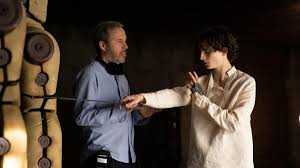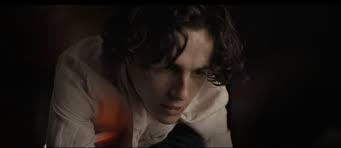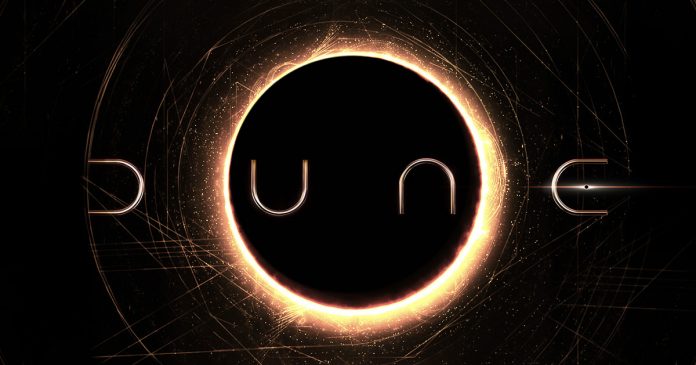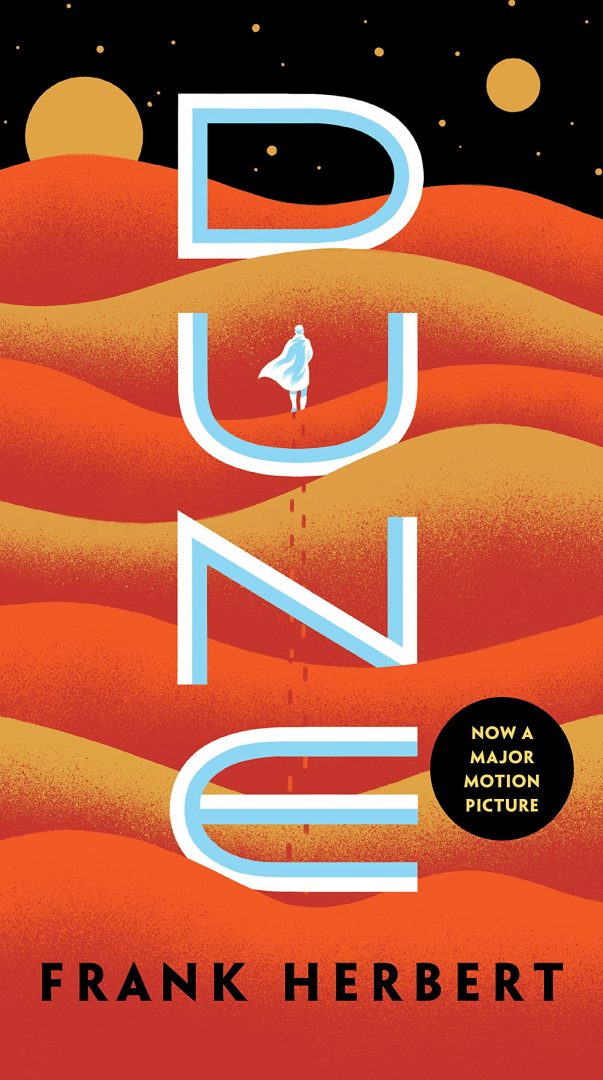The novel Dune, written by Frank Herbert and released in 1965, has influenced countless stories over the years such as Star Wars and Star Trek. But the complexities of the book have troubled filmmakers for decades, as David Lynch found out with his 1984 version being considered a complete flop.
Then in 2017, Canadian director, Denis Villeneuve signed on to write and direct a new adaptation, which is a treasure for those who loved the book.
Villeneuve brings the Dune universe to life with the help of Australian cinematographer, Greig Fraser, and a star-studded cast that embodies the characters from the book.
Herbert’s novel is a hefty read.
It’s a futuristic story of politics and religion mixed with intense emotion. A boy-messiah arrives to save the desert planet, ‘Arrakis’, and its people from different factions trying to control it and its universal treasure – “spice” – a drug used for traveling through space, extending life and enhancing the mental abilities of humans.
It’s a complex book but Villeneuve brings these complexities to life without losing the main plot.
Villeneuve’s adaptation leaves in enough of the politics and religion to stay true to the plot. By not focusing solely on the politics, Villeneuve gives attention to the finer, visual details of the universe. Details like being able to see the spice sparkle amongst the hot sand as it blows through the desert, or the vision sequences that come to the main protagonist, which under the direction of Villeneuve, won Fraser his first Academy Award for Cinematography.
Villeneuve captures the right amount of political strife and human emotion to keep the audience on the edge of their seats.

Timothée Chalamet plays the main protagonist, Paul Atreides, and brings the quiet, yet vigilant, combat-ready 15-year-old messiah to life. His performance with Rebecca Ferguson, who plays Paul’s mother Lady Jessica, is filled with an understanding of the characters.
This is played out in the scenes with Paul and his mother in the desert after the fall of house Atreides.
Breathing in the spice, Paul begins to have violent and horrific visions of a future war, all in his name. Chalamet’s acting during this sequence portrays exactly what you would expect from a 15-year-old having a bad trip on heavy drugs while dealing with grief and sitting in a tent with their mom: being visibly sweaty and crying while staring off into nothingness then switching to becoming aggressively scared of what they’re seeing.

This plays out differently in the book, as Paul is much calmer and colder about their situation. The novel version of Paul struggles to feel any emotion while he’s experiencing these intense visions which, in its own right, is a very scary thing. Not only that, there are certain “story impacting” revelations that don’t make it onto the screen.
But even without the revelations, there is still an impact on the characters.
In the movie, Chalamet plays Paul as being shook by these visions; he’s sweating, has tears running down his cheek and is almost drooling. But perhaps the biggest difference from the book is the line: “Somebody help me, please.” The way Villeneuve shows Paul experiencing all of these complex emotions sets him apart from the character in the book.
This makes him feel more human and makes it easier for the audience to relate to him.
In the movie, Paul feels the weight of these visions, which makes the novel version seem emotionless by contrast.
The liberties taken by Villeneuve may mean we don’t get the detailed political and religious space-drama that was the book but the 2021 film version is just as good.
Frank Herbert’s novel explores the future of humanity and human emotion rather than a technological future.
For a movie that covers the first half of the book – it did the job.





